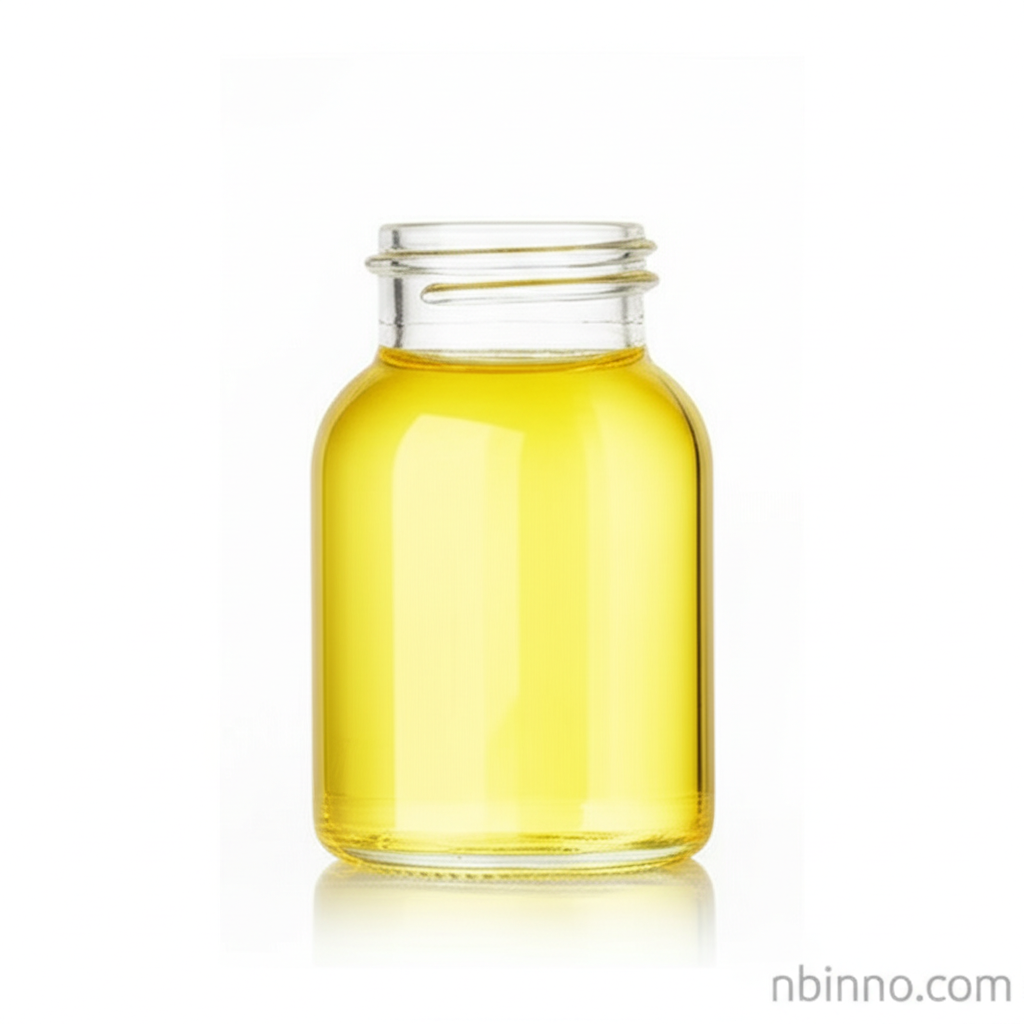2,3-Lutidine: A Versatile Intermediate in Pharmaceutical and Organic Synthesis
Explore the critical role of 2,3-Lutidine in advancing pharmaceutical manufacturing and organic chemistry.
Get a Quote & SampleProduct Core Value

2,3-Lutidine
2,3-Lutidine, identified by CAS number 583-61-9, is a crucial chemical compound valued for its extensive use as an intermediate in the synthesis of pharmaceuticals and in various organic synthesis applications. Its distinct chemical properties make it an essential building block in the chemical industry.
- Leverage 2,3-lutidine for pharmaceutical intermediate production, significantly aiding in the development of life-saving drugs.
- Utilize 2,3-lutidine as a key component in organic synthesis, functioning as an effective acid-binding agent to facilitate chemical transformations.
- Understand the detailed 2,3-dimethylpyridine chemical properties to optimize its application in complex reactions.
- Benefit from the broad CAS 583-61-9 applications, spanning from fine chemicals to specialized industrial uses.
Key Advantages Provided
Enhance Drug Development Efficiency
As a vital pharmaceutical intermediate, 2,3-lutidine streamlines the synthesis of essential medications, contributing to faster and more efficient drug development cycles.
Facilitate Complex Organic Reactions
The compound's role as an acid-binding agent makes it indispensable for carrying out various organic synthesis reactions, improving reaction yields and purity.
Broad Industrial Applicability
From agrochemical production to advanced catalysis, the diverse applications of 2,3-lutidine underscore its importance across multiple industrial sectors.
Key Applications
Pharmaceutical Synthesis
2,3-Lutidine is a critical intermediate in the synthesis of various pharmaceutical compounds, particularly noted in the production of lansoprazole.
Organic Synthesis
It serves as an effective acid-binding agent in organic reactions, crucial for many chemical transformations and synthesis pathways.
Agrochemical Production
The compound finds utility in the formulation of agrochemicals, contributing to the development of effective crop protection agents.
Research and Development
As a versatile chemical reagent, 2,3-Lutidine is widely used in R&D for exploring new synthetic routes and material properties.
